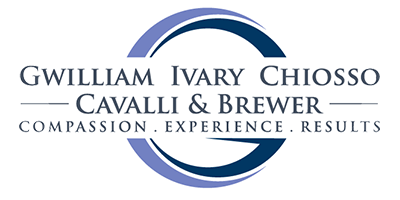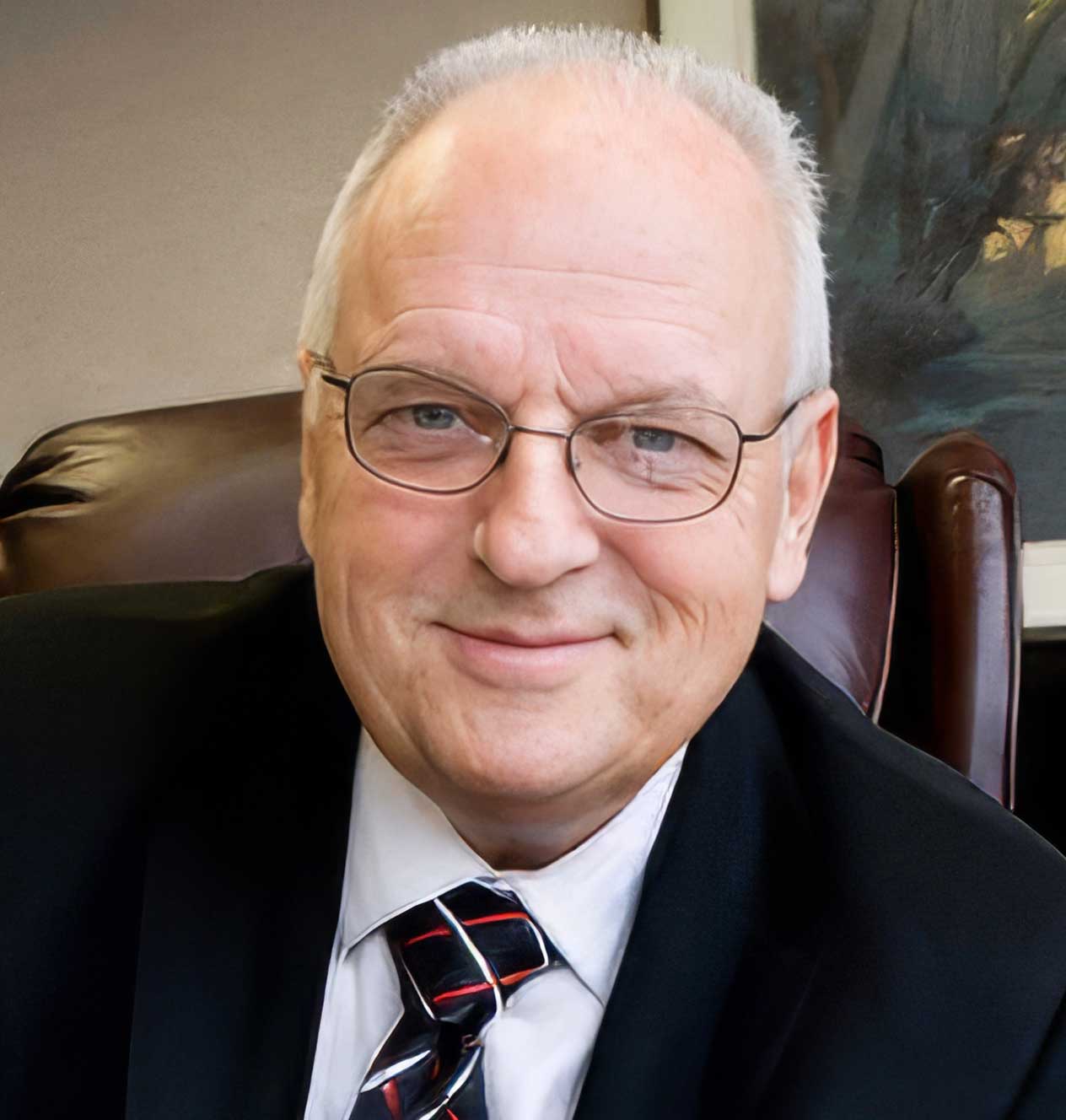Gary Gwilliam
Founding Partner | Gwilliam Ivary Chiosso Cavalli & Brewer

Meet Gary
"We don't get anything unless we take it away from somebody. Every one of our cases is taking something away that somebody wants to fight with you about. Almost always money."
Gary Gwilliam’s legal career spans over six decades, defined not just by his courtroom skill but by his openness, his mentorship, and his enduring commitment to helping others — clients and lawyers alike — through the personal and professional trials of life. He has tried more than 180 jury trials to verdict, with experience ranging from criminal to civil to employment law. But for Gwilliam, the real story isn’t just the wins. It’s what he’s learned from the losses, and what he’s given back along the way.
Raised without role models in the legal profession and coming from a background he describes candidly—gang involvement, addiction, personal loss — he was propelled into law almost by accident. A philosophy professor at Pomona College first suggested the idea. After turning down Harvard and choosing Berkeley Law, he stumbled through three years of legal education before finding his calling in the courtroom. He started in the Ventura County DA’s office, rose to chief trial deputy, and eventually joined one of the top personal injury firms in Oakland.
The early years were filled with heavy case loads and harder drinking. Like many trial lawyers, the pressures began to mount. The loss of his infant quadruplets marked a turning point. Years later, after a life-changing intervention and in the face of a failing second marriage, Gwilliam made the decision to get sober. That moment — June 11, 1984 — was a second beginning. In the years since, he’s devoted much of his energy to guiding other lawyers through addiction, stress, and the ego traps of the profession.
He is perhaps best known not only for big verdicts — including a $5.5 million hand injury case and a $6.3 million auto defect trial — but also for his rare willingness to speak publicly about failure. His article “The Art of Losing,” published by ABOTA, invited trial lawyers to see setbacks not as shameful, but as essential. He’s also the author of Getting a Winning Verdict in My Personal Life: A Trial Lawyer Finds His Soul, a memoir that speaks frankly about alcohol abuse, spiritual searching, and professional renewal.
Today, Gary continues to try cases and mentor others with undiminished energy. He remains an advocate for transparency, recovery, and personal growth within one of the most pressure-filled professions in law.
Podcasts

Experience and Expertise
Qualifications
Timeline
- Attended Pomona College, California (1950s)
- Earned J.D., UC Berkeley School of Law (Boalt Hall) (1962)
- Began career in Ventura County DA’s Office; rose to Chief Trial Deputy (1960s)
- Joined a leading personal injury firm in Oakland in the early 1970s (1970s)
- Founded his own firm (now Gwilliam Ivary Chiosso Cavalli & Brewer) (1978)
- Served as President, Consumer Attorneys of California (1988)
- Author of Getting a Winning Verdict in My Personal Life: A Trial Lawyer Finds His Soul (2007)
Practice Areas
No data available for the pie chart.
- Consumer Attorneys of California (Past President)
- American Board of Trial Advocates (ABOTA)
- Alameda-Contra Costa Trial Lawyers Association
- Member and speaker in legal wellness and ethics programs (including The Other Bar)
- $5.5 Million Verdict (1986) – Hand injury from defective punch press; at the time, the largest hand injury verdict in the U.S.
- $6.3 Million Verdict (1992) – Product liability against General Motors; roof crush in Corvette rollover case resulting in quadriplegia
- Tried over 180 jury trials, including 40+ criminal and 140+ civil
- Noted for trying 10+ employment law jury trials and numerous medical malpractice cases
- Loss in high-profile med-mal case led to the widely published article The Art of Losing
Explore Volume 1
The inaugural edition of the Trial Lawyer's Journal set a new standard for law journal publications. With limited ads and one-of-a-kind content, it was created to celebrate wins both in and outside the courtroom.